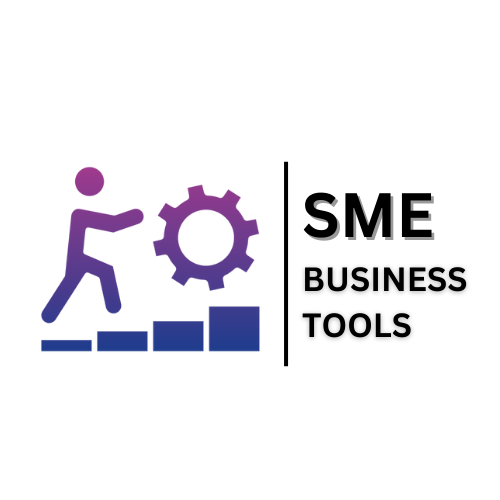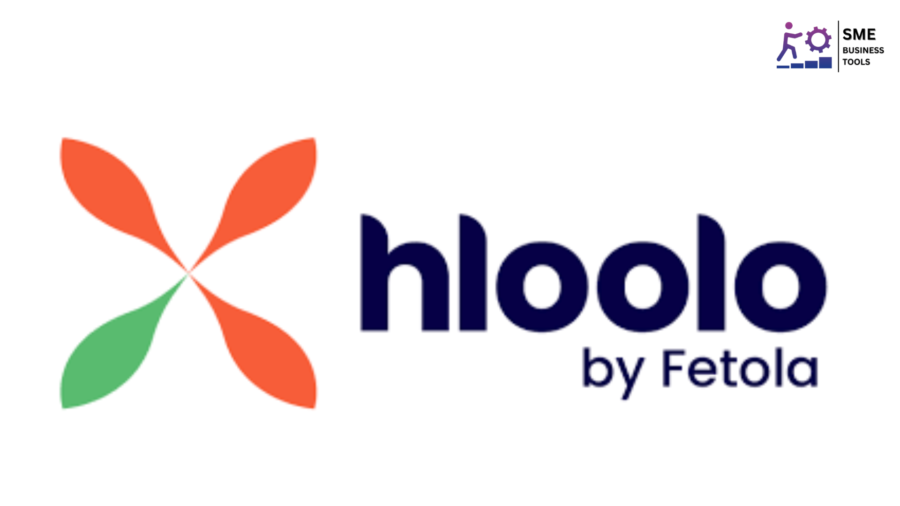South Africa’s financial sector is well-developed, yet green small and medium-sized enterprises (SMEs) face a significant challenge in accessing the funding they need to thrive. Green SMEs, which focus on sustainability and circular economy practices, often find themselves in a funding gap—too large for microfinance but too small for traditional investors. This gap is exacerbated by a lack of financial track records and sustainability data that investors typically seek.
Hloolo – Green SME Finance Platform
To address this issue, Hloolo by Fetola has been introduced as an innovative digital platform designed to connect green SMEs with the right investors, markets, and resources. Launched on August 14 in Kramerville, Gauteng, Hloolo is a collaborative initiative developed by Fetola, Nedbank, JPMorganChase, and the Embassy of Finland.
“Hloolo addresses the disconnect between investors and green SMEs by helping these businesses become investment-ready and then connecting them with market opportunities and finance,” said Catherine Wijnberg, founder and CEO of Fetola. The platform provides essential tools such as the Fetola Investment Readiness Scorecard, which helps businesses evaluate their investment potential and align their operations with market and investor needs. Additionally, Hloolo offers access to the Fetola Learning Management System, providing learning opportunities on sustainable practices and circular economy principles.
Hloolo represents the third phase of the Circular Economy Accelerator (CEA), an initiative started by Fetola in 2021. The CEA has already demonstrated impressive results, including a 411% increase in revenue and a 100% uptake of circular economy practices among participating SMEs. “The success of the businesses on the CEA initiative—such as substantial growth and improved sustainability performance—highlights the potential of integrating circular economy practices,” noted Nedbank’s Maluta Netshaulu.
Nedbank’s Grant Kelly emphasized the importance of transforming South Africa’s economic structure to support sustainable development. “Our aim, including through platforms like Hloolo, is to make the circular, green economy a catalyst for sustainable economic development,” Kelly explained. By integrating Hloolo into its green economy strategy, Nedbank seeks to promote economic and social justice through targeted investments in innovative and sustainable SMEs.
The platform operates based on three core principles of the circular economy:
- Eliminating waste
- Maximizing material use
- Restoring natural systems.
These principles guide Hloolo’s efforts to support green SMEs and drive sustainable economic development.
In addition to its launch partners, Hloolo collaborates with a range of experts and stakeholders to further its mission. Wijnberg emphasized, “A common complaint we hear from SMEs is that there is no sustainable finance available, while investors say they struggle to identify sustainable businesses in which to invest. Hloolo addresses this disconnect by helping SMEs become investment-ready and then connecting these investment-ready businesses with market opportunities and finance.”
By fostering collaboration and innovation, Hloolo aims to become a global model for advancing green economic growth and supporting SMEs in their journey toward sustainability.



 SEO Tools for Small Businesses
SEO Tools for Small Businesses